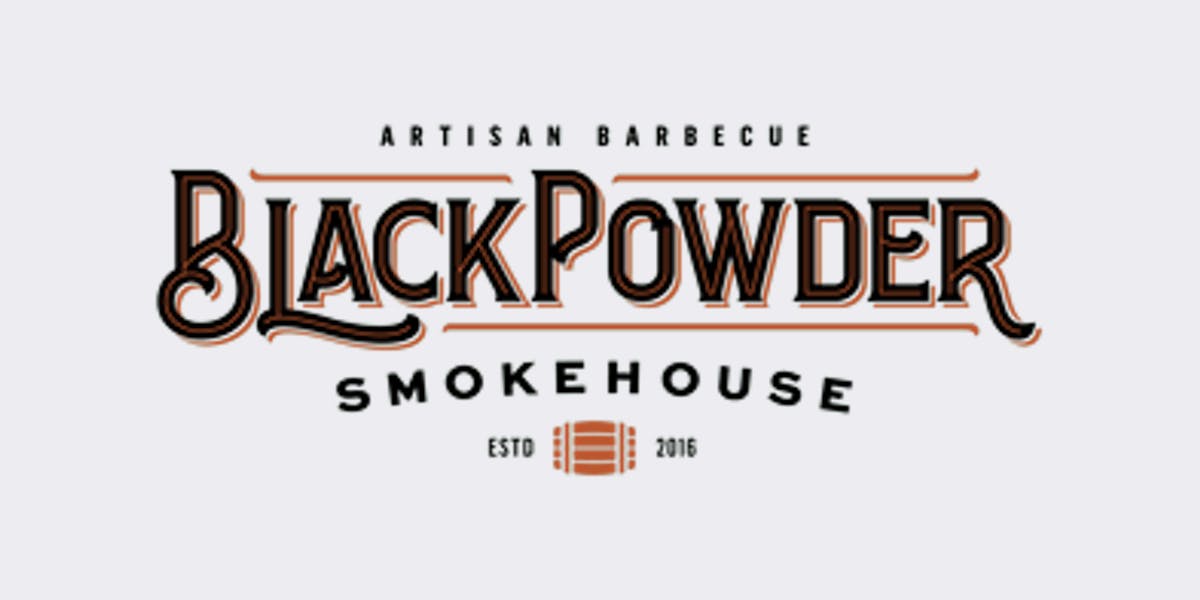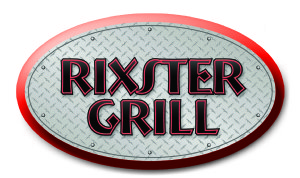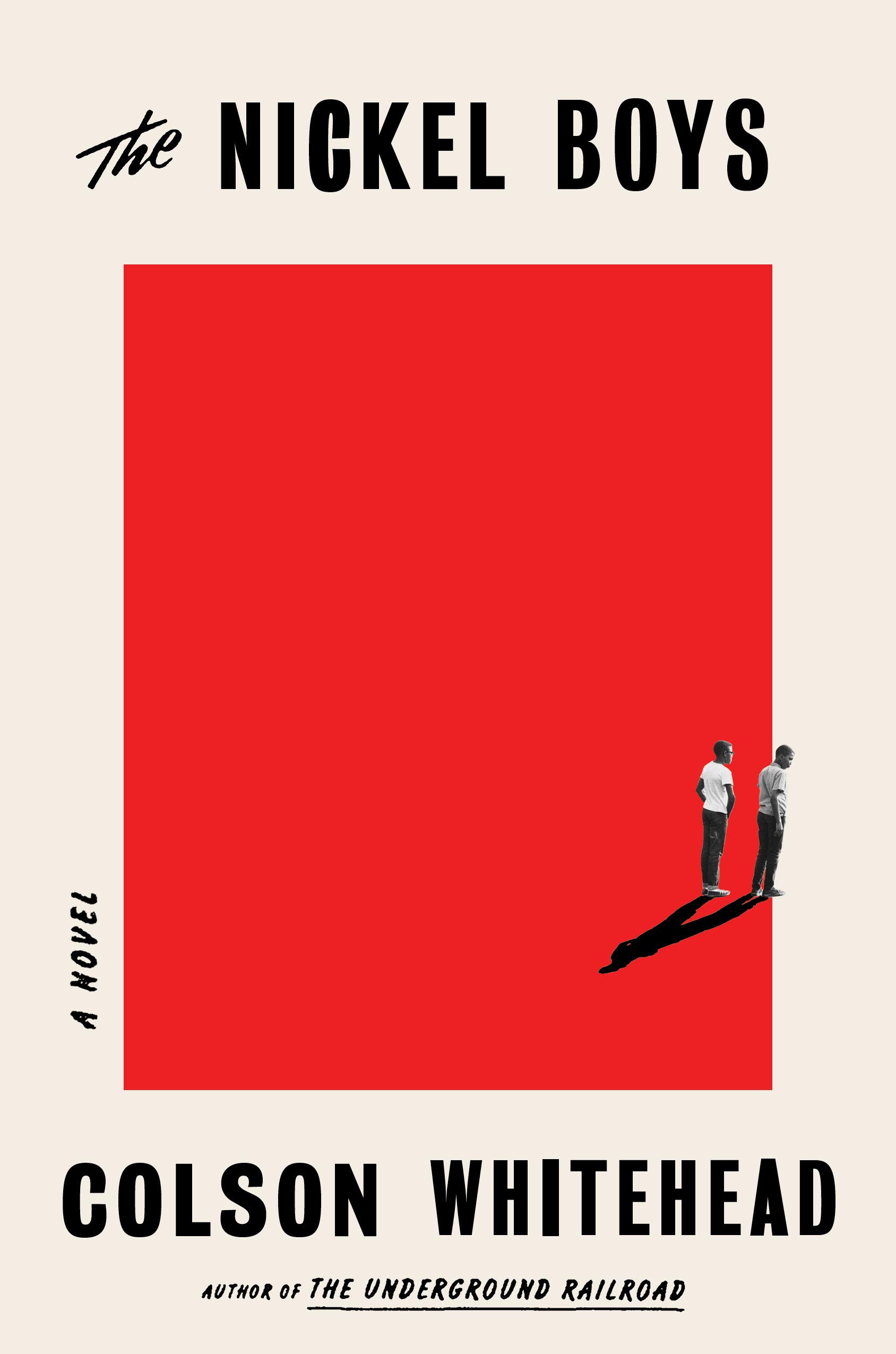From a nursing home, an elderly Frank Sheeran (Robert DeNiro) recounts his involvement
in the American underworld. A World War II veteran and truck driver, Sheeran begins
selling stolen wares to the Philadelphia mob before graduating to arson and
finally “painting houses” or murder-for-hire. As his star rises, he abandons
his first marriage, becomes more active in his local union, and befriends two
very powerful figures: Scranton mafia boss Russell Bufalino (Joe Pesci) and
Teamsters president Jimmy Hoffa (Al Pacino). Though allied at first, Hoffa and
the mob have a falling out, which puts Sheeran uncomfortably in the middle.
Years later, predeceased or abandoned by everyone once close to him, he
divulges the missing labor leader’s fate.
The first Scorsese-DeNiro-Pesci
film in nearly a quarter-century (and the first Scorsese-Pacino pairing ever), The Irishman should have been the kind
of film that studios salivate over, but instead, its production was nearly as long
and tortured as the story it depicts. First, there are plenty who are skeptical
of Sheeran’s account, which came to light when his lawyer, Charles Brandt
published it as the book I Heard You
Paint Houses in 2004, the year after Sheeran died. Next, it took a
considerable amount of cajoling to bring Pesci out of retirement. And then, no
studio wanted to foot the bill for the special effects needed to digitally
de-age the leading trio of septuagenarian actors. Thus, what would have been a
leading Oscar contender in bygone days became a delayed Netflix release.
This ignominy
aside, however, The Irishman is a
thing of beauty to behold aesthetically, dramatically, and narratively.
Scorsese’s eye for period detail remains very much intact as he and his collaborators
recreate the look and feel of the Kennedy and Nixon eras. The soundtrack is thoughtfully
curated as well, but in place of Goodfellas’
Eric Clapton-backed murder montage or Casino’s operatics, The Irishman’s pivotal moment – the drive to pick up an unsuspecting
Hoffa on the day of his final meeting – is marked by silence.
The choice
to go quiet instead of loud is a mark of maturity, and it’s one that extends to
the film’s themes. Previous gangster fare has a tendency to glamorize its
subjects no matter how vicious it ultimately reveals them to be, and Scorsese’s
films have been no exception. Henry Hill may have fallen from grace by the end
of Goodfellas, but that he was able
to thumb his nose at being a solid citizen says something about the lofty perch
he once occupied. Sheeran, however, is denied even this fleeting sense of
nostalgic grandeur. By the end of The Irishman,
he is in failing health and truly alone. One can take issue with how little
screen time women have in the film – Anna Paquin, as Sheeran’s disapproving
daughter says maybe a dozen lines – but they nevertheless serve as a powerful
rebuke to the idea that Sheeran’s way of life was for some family-affirming
greater good.
Given the cold
nuance of the film’s approach, a cast best known for showy performances (to put
it lightly, in Pacino’s case during the past two decades) would seem a strange
fit, but Scorsese evidently commands enough respect to get the most out of his
performers, and in turn, they remind audiences of what they were capable of
before they reached the point of self-caricature. DeNiro, who is of average
height, captures the much-taller Sheeran’s shambling movements, his soldier’s
stoicism, and the hints of anguish that peek through the veneer all quite
believably. As the charismatic yet belligerent Hoffa, Pacino gets to do his
fair share of yelling, but the performance is far from one-note. He captures
the man’s vanity and bigotry as well as his amiability toward children and
belief in the righteousness of his cause. Perhaps the biggest surprise here is
Pesci, best known for playing corrosive, diminutive psychopaths who immeasurably
complicate the lead gangsters’ lives. Instead, he plays Bufalino as shrewd and
calculating, a man whose quietly whispered request could have ten times the
impact of one of Tommy Devito or Nicky Santoro’s worst outbursts. Ironically,
the specter of Pesci’s past roles shows up here in the form of Anthony “Tony
Pro” Provezano, a short-but-volatile mobster whose prison contretemps with Hoffa
fuels much of the second-half conflict. Tony Pro is played without an impeccable
accent by the Englishman Stephen Graham in a turn that calls to mind his Boardwalk Empire work (as a young Al
Capone) minus any hint of likeability.
For all
these strengths, however, The Irishman
does have several noticeable faults. For starters, it is very long, even by the
standards of gangster epics. The three-and-a-half-hour runtime and leisurely
pacing demand patience, and even the committed will find themselves wondering if
Thelma Schoonmaker (Scorsese’s longtime editor) couldn’t have trimmed fifteen
minutes or so. The much-discussed de-aging technology is also a miss albeit not
a catastrophic one. DeNiro never looks any younger than his mid-40s even when
Sheeran is supposed to be, and it is difficult to buy Pacino seeming even that
young.
A gripping
exploration of the mythology of midcentury American power and the corruption
that underpinned it told through the eyes of a bloody-handed fixer, The Irishman is a slow but masterfully
executed assault on the very idea of innocence. If this is the last time that
Scorsese gets to work with any of these leads, then the film, like a rival cab company
that Sheeran sees to, is going out with a bang.







_poster.jpg)

